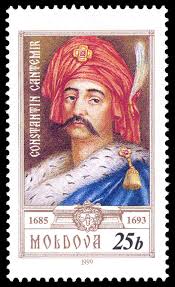Moldova: A Nation at a Crossroads in 2023

Introduction
Moldova, a small Eastern European nation bordered by Romania and Ukraine, is currently in a critical phase of its political and economic development. With a population of approximately 2.6 million, Moldova has faced numerous challenges since its independence from the Soviet Union in 1991. As regional tensions rise and economic pressures mount, understanding the dynamics within Moldova is crucial for regional stability and international relations.
Political Landscape
In recent months, Moldova has experienced significant political changes, primarily driven by the government’s orientation toward the European Union. President Maia Sandu, who took office in 2020, has been a strong proponent of EU integration, promoting reforms to align more closely with European standards. However, this pro-European stance has also drawn the ire of pro-Russian factions within the country, leading to increased political tension.
Recent elections have further solidified a pro-European majority in the Moldovan Parliament, allowing the government to push through reforms aimed at combating corruption and improving the rule of law. Nevertheless, opposition parties remain vocal, and protests against government policies have been reported, reflecting a divided political landscape.
Economic Challenges
Moldova’s economy, one of the least developed in Europe, has been heavily impacted by external factors, most notably the ongoing conflict in Ukraine. As a result, Moldova faces challenges such as rising inflation and energy dependence on external suppliers. The war has disrupted trade routes and led to increased energy prices, complicating efforts to stabilize the economy.
The Moldovan government has sought assistance from international partners, including the European Union and the International Monetary Fund (IMF), to support economic recovery initiatives. These measures are crucial, especially as the country strives to attract foreign investment and improve living conditions for its citizens.
Social Issues and Reforms
Socially, Moldova continues to grapple with issues such as poverty, migration, and public healthcare inadequacies. Many Moldovans, particularly young people, seek employment opportunities abroad, leading to a brain drain that hampers local development. The government is prioritizing educational reforms and job creation strategies to retain talent and enhance workforce capabilities.
Conclusion
Moldova stands at a crossroads in 2023. With its ambitions for EU integration and ongoing efforts to navigate the socio-economic challenges at home, the nation’s future hangs in the balance. The outcome of its current reforms and international relationships will significantly impact the political landscape, economic growth, and overall stability in the region. Observers will be closely watching how Moldova manages these complexities, as the decisions made today will shape its trajectory for years to come.
